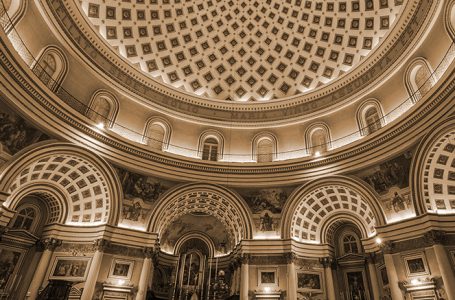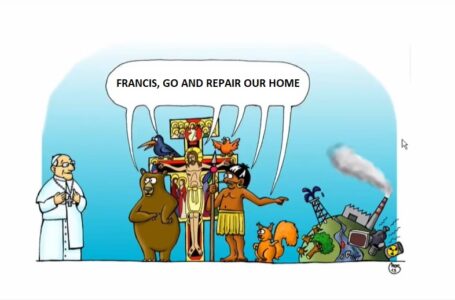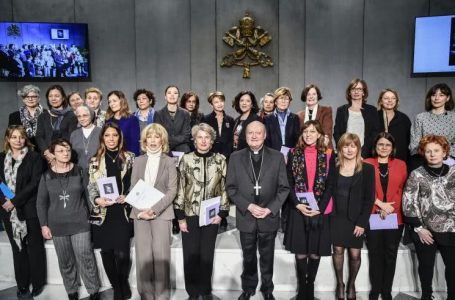The Malta Village Festa – It’s Pros and Cons
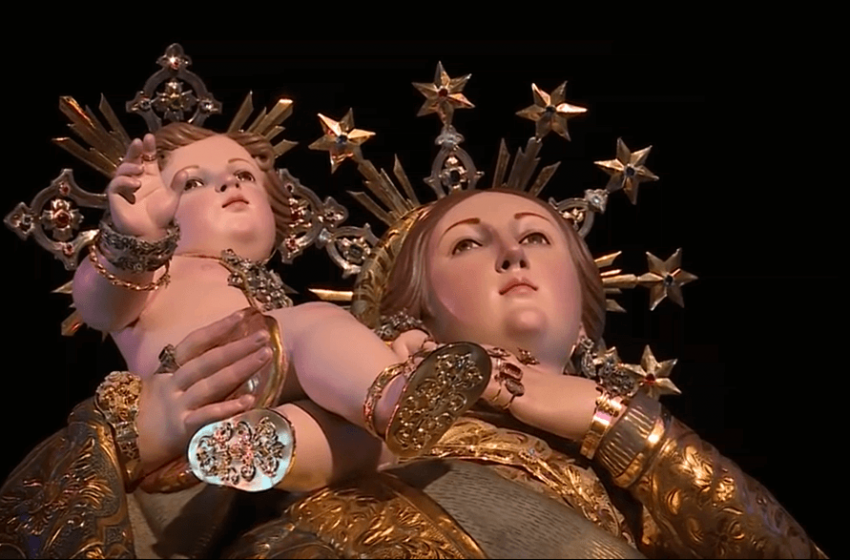
The strengths and weaknesses of the Malta village festa
This is an interview with Fr Jonathan Farrugia a festa lover, who has experienced the organisation of a number of festas in various parishes around Malta and Jesuit Fr Paul Chetcuti. The Jesuits in Malta do not have any parishes and therefore are quite outsiders when it comes to festas organisation. This is what they shared…
| The Malta village festa feels good when it … | The Malta village festa feels bad when… |
|---|---|
| Creates a sense of belonging in a social and religious context fostering a sense of unity between villagers. | Bad and hurtful language are used between different bandclubs. |
| Helps people connect to their roots especially people who moved out of their childhood village or live abroad. | Different opinions on how to celebrate are not respected; some prefer the religious functions, others the band, the decorations, fireworks or social activities. |
| Celebrates solidarity and relationships within the village especially the sick, the needy, children, anniversaries etc. | Too much alcohol, too much junk food, and drugs are consumed. |
| Brings families together especially in the “festa meal (l-ikla tal-festa). | Too much money is spent and a sense of exaggeration is felt. |
| Is seen as an opportunity to volunteer or be of service to the parish in various ways. | Volunteers use the festa to practise their hobby and forget their families’ needs or their faith. |
| Promotes good values lived in the holy life of the patron saint and encourages growth in one’s faith. | Activists expect the Church to just be passive and not be involved. |
| Is decorated with light, fireworks, music and colour which create an enjoyable social atmosphere. | Fireworks cause harm to human health, people hurt/die and when too much noise becomes a nuisance to people and creatures alike. |

The origins of the Malta village festa
Fr Jonathan explained how the origins of festas in Malta date back to the times of Bishop de Mello according to the document “Rollo de Mello of 1463 and were created as a form of popular religious piety towards Saints: “There were already a number of parishes with their patron Saints and some form of celebration was held, probably a mass and liturgical vespers (għasar). When the Knights arrived they brought with them traditions of external celebrations. It was after this time and during the English period that we see the beginning of various philarmonic societies and band clubs.
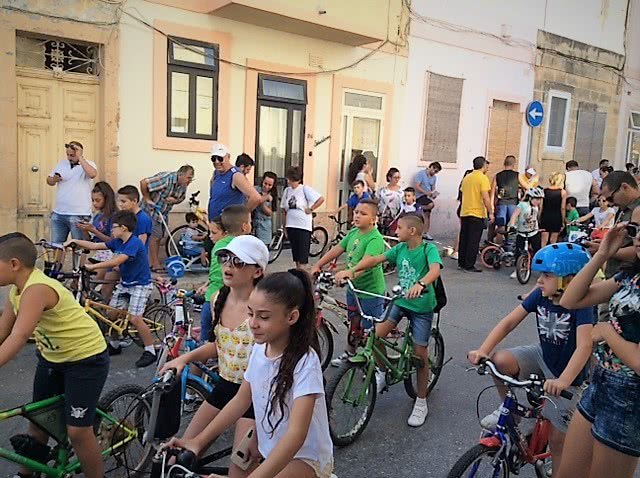
Do band clubs fall within the responsibilty of the Church?
“Not every parish is the same. In some parishes the Church organises both the internal and external festa such as Senglea parish. In this case the Church commissions the band club and the band club has to follow orders given by the parish priest. In other cases, which is in most cases, the band club is completely autonomous so the external festa completely depends on them; yet there are guidelines issued by the Church which have to be followed mostly concerning appropriate behaviour. Many a time this is the case, the band club is autonomous and responsible for all the expenses. So there is autonomy and independence yet there are guidelines to be followed. There is no such thing such as a Church band club. Also, if the parish priest decides that he does not want this band club and wants another, he can do this in the localities were the parish priest is responsibile for all celebrations and has to pay even for the external festivities. Fr Jonathan explained.
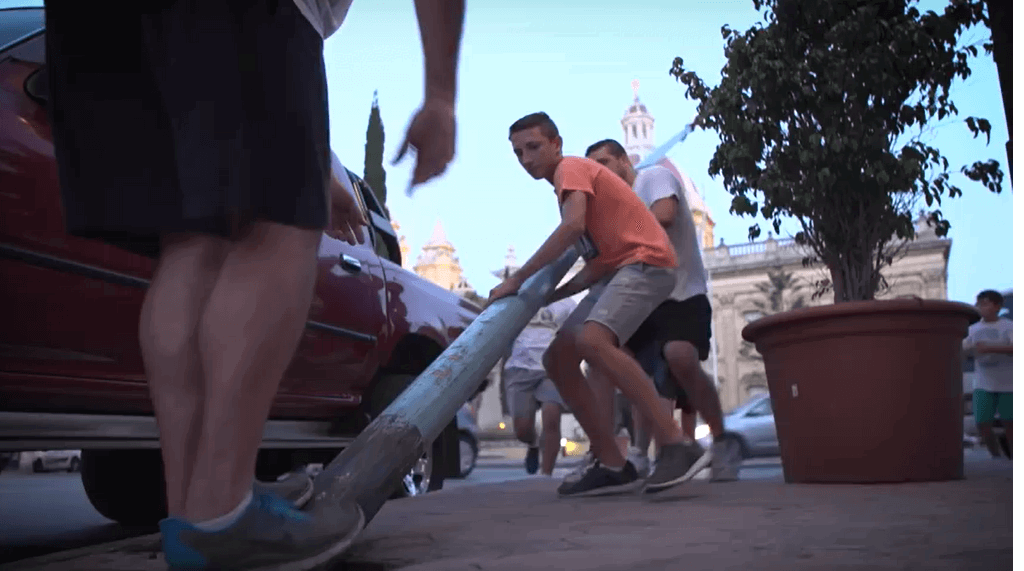
Cherishing the true festa spirit
Fr Paul appreciates the good side of our festas and feels the need for this to be safeguarded: “There are many positive elements – the strong social experience, especially in a religious context; gathering people and connecting them to their roots especially those who have moved out of the parish and visit it yearly during festa time, families visiting each other, acknowledging and glorifying the good life of the saint. These are things which I like.
He continued to explain that the meaning of the festa is forgotten if the external celebration becomes a street party and does not reflect the core reason for our joy: “It is like going to Paceville, every Saturday everyone is doing a festa and to celebrate our friendship whilst drinking a can of beer. But if that can of beer becomes a box of beer then it is not our friendship which is important any more but the beer.
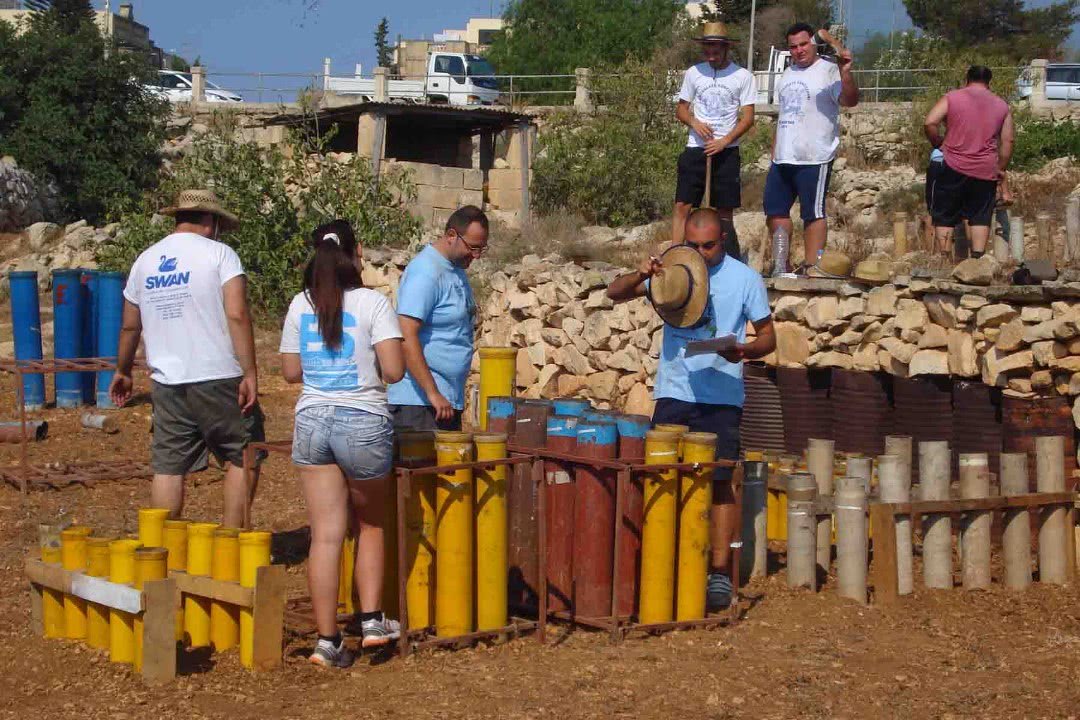
When asked what he thinks about the amounts of money spent in festas and if they could be used in other fruitful ways he said: “The amount spent should be proportionate to what the people are really benefiting. If the experience is joy, celebrating our togetherness around what unites us, the patron saint, the festa, then yes it can be positive. This is like when you go to a wedding. If the couple spends a reasonable amount to celebrate the importance of their occasion, their marriage, then it is worth-it. But if the celebration is inflated and takes a life of its own, independently or at the expense of the reality it ought to celebrate, then any expense is more of a waste than anything else. The same applies for the parish festa.
“My concern is not the money mostly but the time and energy we are using, not of the parish priest only, but of the people. I am all out for volunteering, but if working a whole year on fireworks, decorating banners etc means that time is robbed spending time with my own family, if we are so keen on fireworks but not so much on our faith, on our band club but not so much on prayer, etc, then I will feel concerned and worried. These are the things which we need to work on as a Church. Fr Paul explained.
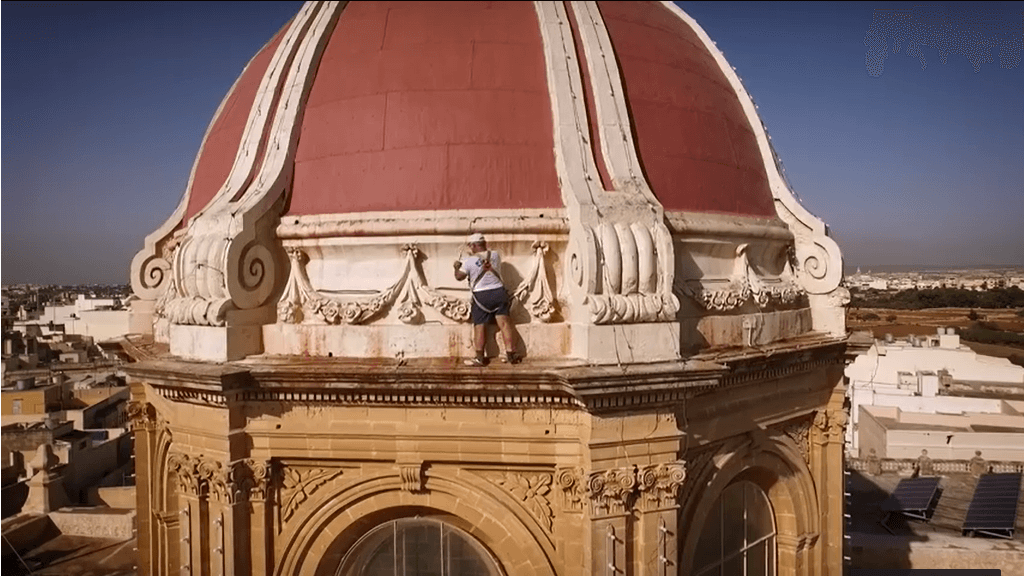
Does the Church measure the spiritual fruits of the festa?
Fr Jonathan believes that it is difficult for the Church to measure this outcome. “I don’t think it is possible. During the festa week the number of people in Churches always increases, though this is not necessarily an indication of an increase in faith.
“However, I have had a very positive experience some years ago in Ħ’Attard parish as a deacon. This parish has a highly organised internal festa. The parish priest had a very good team. As most people where not originally from the locality, these people were reached out to especially the new arrivals. Those who celebrated an anniversary were not expected to approach the parish themselves but were given an invitation to come and celebrate in a mass organised for them, the children’s mass was organised hand in hand with the centres of catechism to gather again as much children as possible and get their parents. The elderly, were invited to Church and the sacrament of anointing of the sick was celebrated, but the sick ones, something which I have only seen in this parish, were visited in their homes and this sacrament was celebrated in their very own home. So the festa was truly an experience of connection with the people.
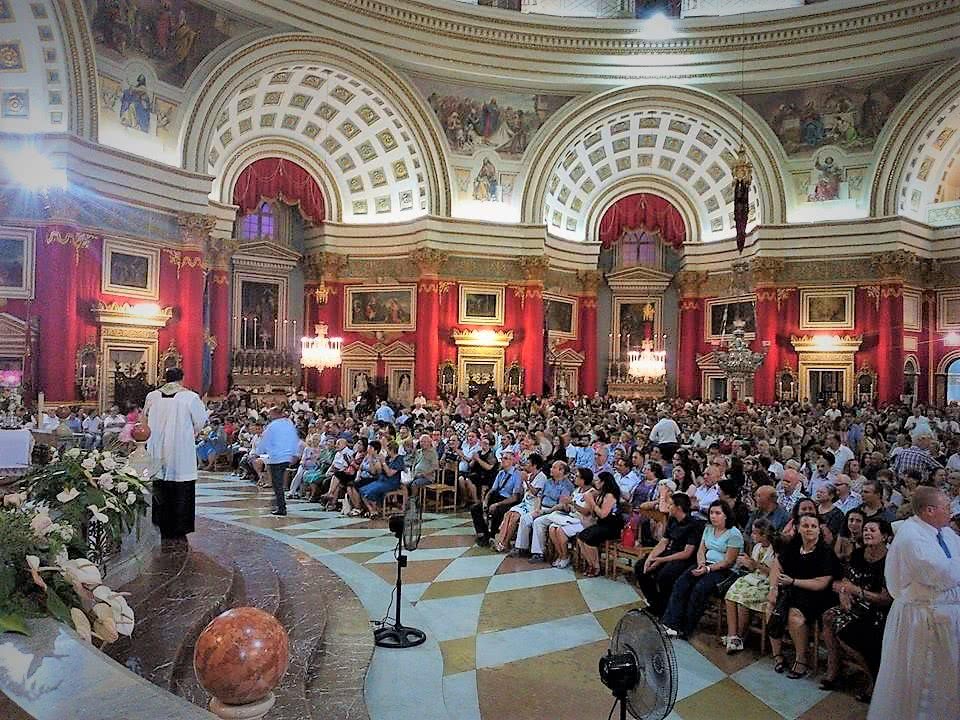
Can the festa be a celebration of faith?
Fr Paul: “Yes. We speak of celebration. Every mass should be a celebration of the joy we share between us. And yet, most masses are not a celebration but just a ceremony. Most processions become just a scheduled ceremony, there is no joy in them. This is not about reforming festas, but we need to ask ‘how can we bring more life in our festas?’ It’s not about how much we are going to impress with outward decorations but how much we are going to increase our sense of belonging and solidarity among us, especially towards the weak and the needy among us. If we truly care about our children all year round, then it would indeed be more meaningful to celebrate with our children during the children’s festa mass. On the other hand, if we do not speak to each other all year round how can we meet in the village square to drink beer together during the festa week?
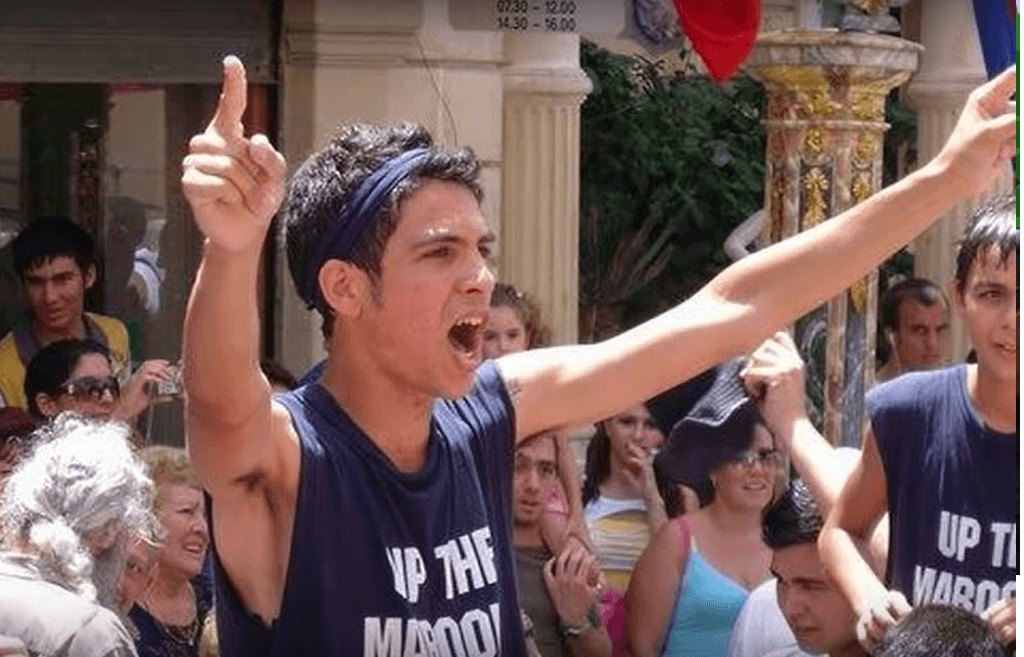
He continued that we can’t be purists: “Of course, we are weak and imperfect. Whatever we do is tainted by mixed motives. It’s like when you wear a suit. You wear it to look smart but also to project a good image of yourself. But it’s one thing to want to look good to celebrate the occasion and another wanting to show off and outdo your adversaries in pomp and performance. These tendencies are part of our human nature, but we need to be courageous, wise and patient to avoid extremes. Extremism won’t lead us anywhere. Besides, we cannot risk losing the real value of our festas allowing tourism and business, pique or sheer fanaticism to take them over.
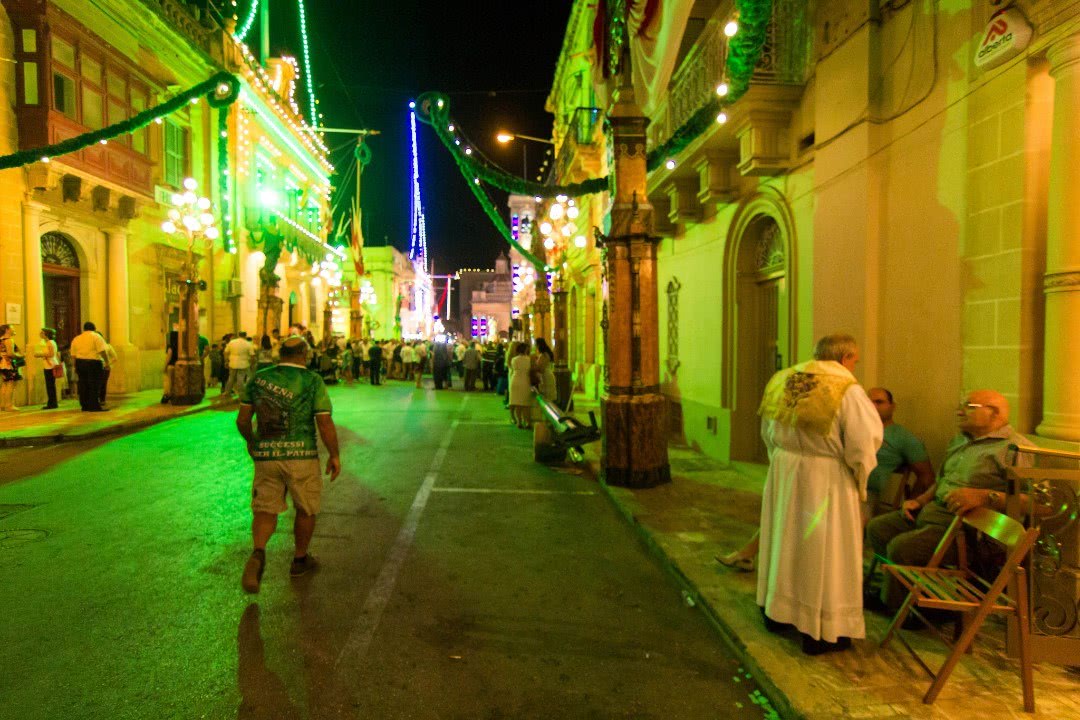
Do festas give a sort of identity to the village?
Fr Jonathan said that new parishes sometimes feel the need for a new festa as this gives a sort of identity. Fr Paul cleared this point by saying that: “Identity does not come from the festa. The festa enhances the identity. Our identity comes from the solidarity we have in the hearts of each other. We are Maltese not because we have a flag but because we live together as brothers and sisters with a common heritage. We need to be careful that our traditions do not freeze the needs of today’s people. Having a panegyrcs, antiphons and music which no one identifies with (except a few who were exposed to that type of music) or understands, does not make any sense at all. We lose the connection between what we are celebrating and our life. We need to bring solidarity in our daily life to be able to celebrate the festa.
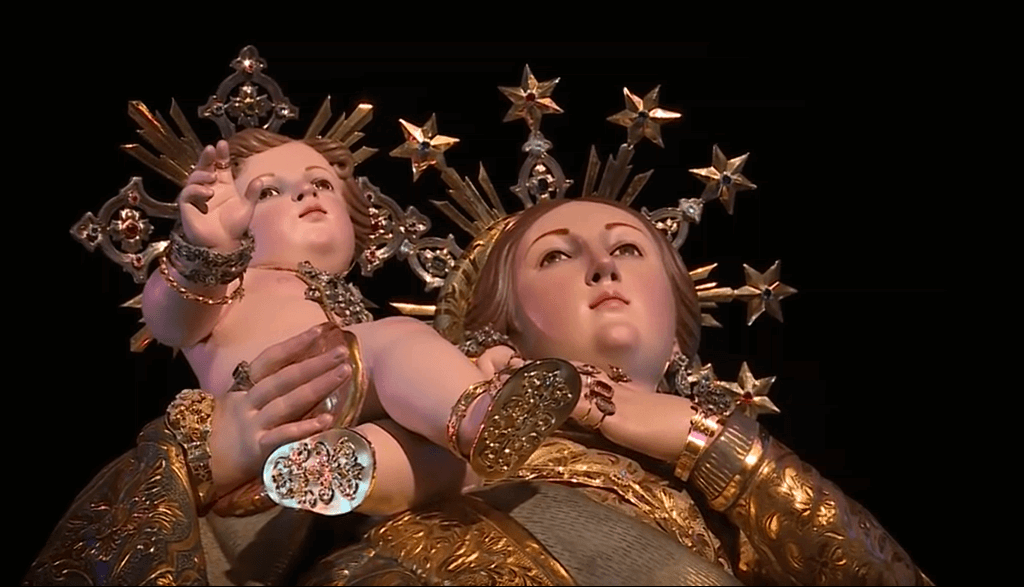
If you were Archbishop what would you change in the festa?
Fr Jonathan: “I do not have such an ambition, but firstly I would make it clear to parish priests that they should not tolerate pressure in any form from non-religious organisations involved in the festas be it fireworks companies, band clubs etc. I have experienced this in a particular parish where for many years the parish priest was treated as a guest in the festa rather than the organiser so much so that the band clubs sent him a letter to thank him for his participation in the festa. Of course, he felt frustrated as he felt he should be the one to send such a letter. The Curia also, should appear as being hand in hand with the local parish priests. Secondly, we need to question what we are doing: are any of our activities not well attended? Are there areas in which we are spending too much especially where there are more than one festa? Revision needs to be done regularly.
Fr Paul: “I would insist that in the Church celebrations we should seek first what is spiritually and humanly meaningful for today’s generation and culture. Thus whether it’s music, prayers or even the words we use in our liturgies, be such that people can understand and identify with. Just repeating blindly and routinely the time-honoured traditional expressions is simply not going to save anything of what a village festa is really all about.
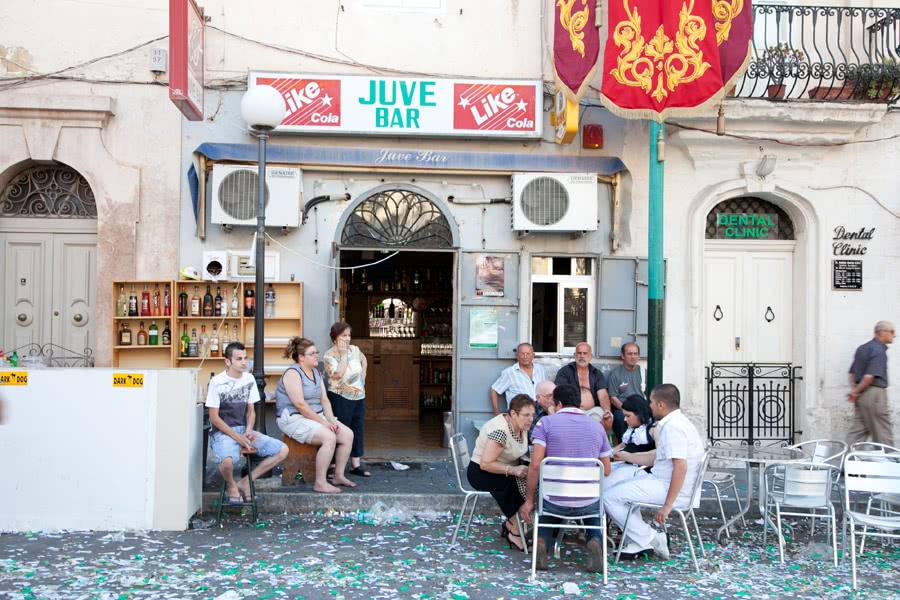
Are new zones and parishes allowed to have external festas?
We took a comment from Fr Joseph Galea Curmi, auxiliary bishop who told us that “every case has to be studied on its own merit. There are no prohibitions to have an external festa but one has to see what is the best type of celebration for that particular community. We surely need to learn from what is happening today in external celebrations in parishes.”
Published: September 2017
Updated: September 2018
Read more:
– Vacation Or Staycation? – The Role Of Rest And Leisure In Our Life
– Meet Christina – The Traveller With A Purpose

